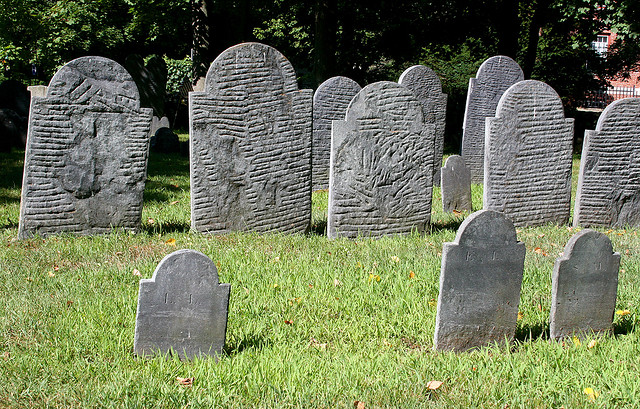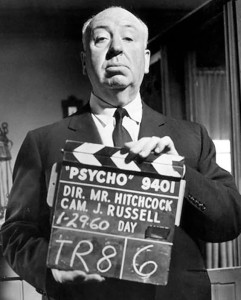
A lot of what I write about on this blog, Selfish Giving and other sites is about nonprofits acting to help themselves, as opposed to waiting on bended knee with cupped hands for someone to help them.
I’ve written before about my disinterest in charity. I’m much more interested in people and nonprofits helping themselves in whatever way possible. Let’s save the charity for those causes that really need it.
That’s why I’ve been a fan of these monks in Louisiana for some time. They make and sell wooden coffins. The money they make supports the abbey. When funeral homes objected, the monks took their case to court and won. They make their own money, and when someone tried to take it away they battled back. Nonprofits need the same resourcefulness, spirit and courage.

While no saint, nonprofits can also learn a lot from Alfred Hitchcock.
Convinced in 1959 that a book on a deranged man who lived with his dead mother had the potential to be blockbuster movie, Hitchcock mortgaged his home and put his reputation on the line to self-finance the movie Psycho. Hitchcock had no marketing budget—and his studio, Paramount Pictures, wasn’t eager to distribute the film. Instead, he focused his grassroots efforts on promoting Psycho in just four movie theaters.
The rest is history. Psycho was a huge success and is regarded as Hitchcock’s best movie. If the Master of Horror could speak to you today, he’d give you three pieces of advice.
- Break some rules. Business as usual doesn’t always work. You have to think and act differently.
- Manage every detail. This goes back to self reliance and not putting your faith in others. Take control of your fundraising and marketing to guarantee your success.
- Focus on everyday people, and not just the rich. The future of fundraising is raising a little more money from a lot more people. That’s the beauty of cause marketing, it targets everyone, just the top one percent of givers.
Hitchcock knew what he was talking about. Within the carefully controlled setting he created for viewing Psycho, every day moviegoers got to decide the fate of the film. Movie critics and movie stars didn’t receive special treatment. There was no big budget for advertising so Hitchcock focused on grassroots marketing within movie theaters. He relied on consumer buzz not expensive television ads.
Low budget? Limited resources? Long odds? Sound familiar? It’s never too late to get started—until it really is too late.